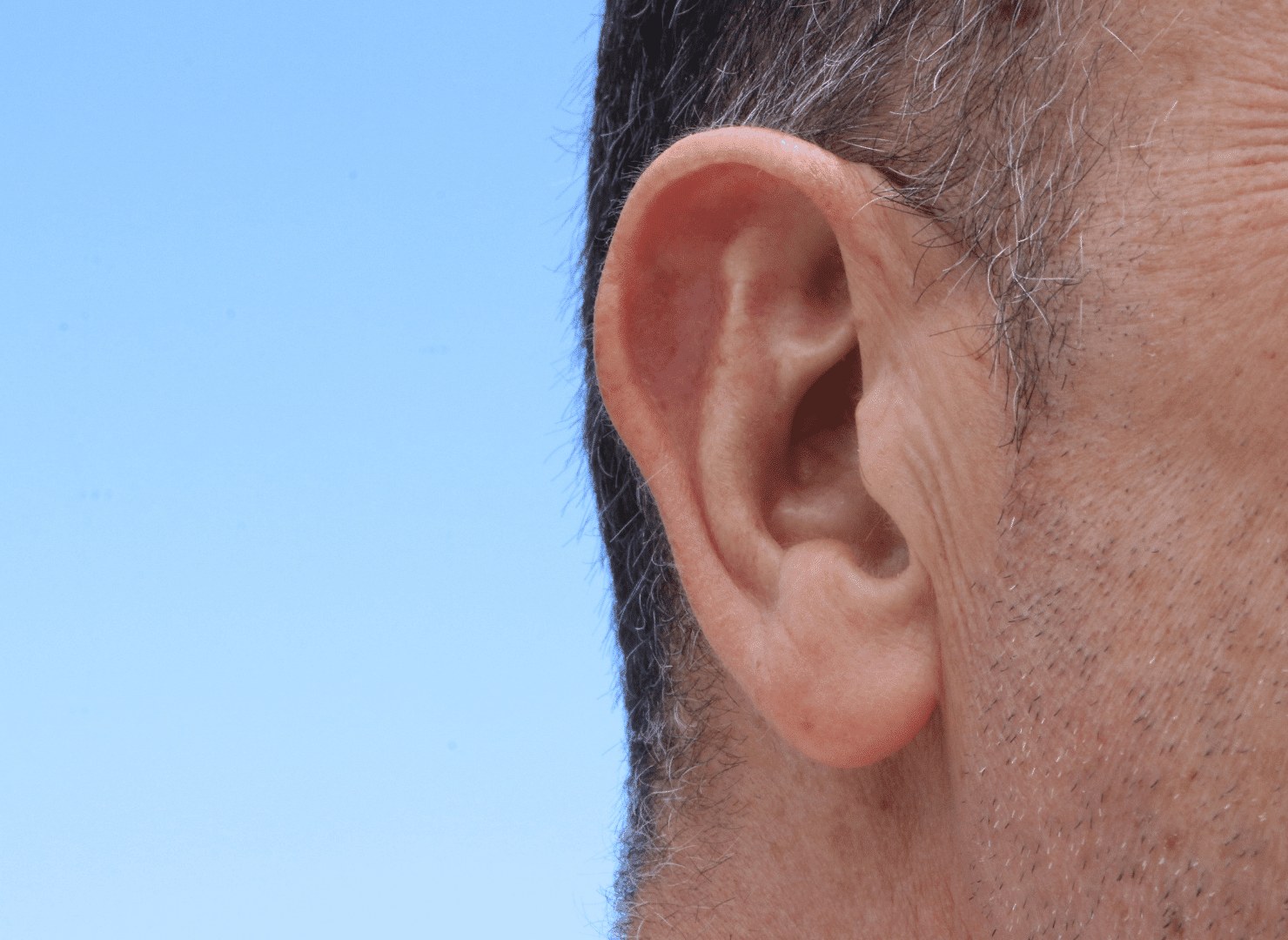Hearing aids have helped the human race tremendously. But what about our animal cohabitants?

In fact, there are hearing amplification systems for animals, thanks to research and development by animal-friendly scientists.
Dog-Gone Deaf
George M. Strain, professor of neuroscience at the School of Veterinary Medicine at Louisiana State University,
writes about hearing aids that were developed for dogs.
Used human hearing aids were manipulated for canine ears and observed for their effectiveness; however, most dogs did not tolerate them, and they were also extremely expensive.
Cochlear implants for dogs were also developed, but were also very expensive – they cost $20-to-$25,000, before surgery. Therefore, Dr. Strain notes that these hearing devices for dogs are not particularly practical or popular.
Dogs can be tested for deafness with the
Brainstem Auditory Evoked Response (BAER) test, which detects electrical activity in the cochlea and auditory pathways, represented as peaks on a scale. Deafness is represented by a flat line.
Feline Fixtures
In 2003, German hearing aid-manufacturer Hans-Rainer Kurz developed
hearing aids for partially deaf cats. The hearing aid is placed on the cat’s outer ear and held there by titanium casing.
Recognizing Animal Deafness
Hearing loss in dogs and humans have similar reasons for hearing loss:
wax build-up and increased hair accumulation for temporary hearing loss, and foreign bodies, untreated ear infections, ototoxic drugs, and genetic or anatomic anomalies for permanent hearing loss.
The American Society for the Prevention of Cruelty to Animals (ASPCA)
provides a list of ways to recognize symptoms of dog deafness. It includes your dog not registering your presence unless you physically touch it, ear pawing, head shaking, and a smelly discharge from the ears.
by Estie Neff
 In fact, there are hearing amplification systems for animals, thanks to research and development by animal-friendly scientists.
In fact, there are hearing amplification systems for animals, thanks to research and development by animal-friendly scientists.
 In fact, there are hearing amplification systems for animals, thanks to research and development by animal-friendly scientists.
In fact, there are hearing amplification systems for animals, thanks to research and development by animal-friendly scientists.




